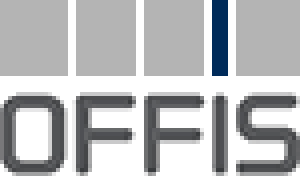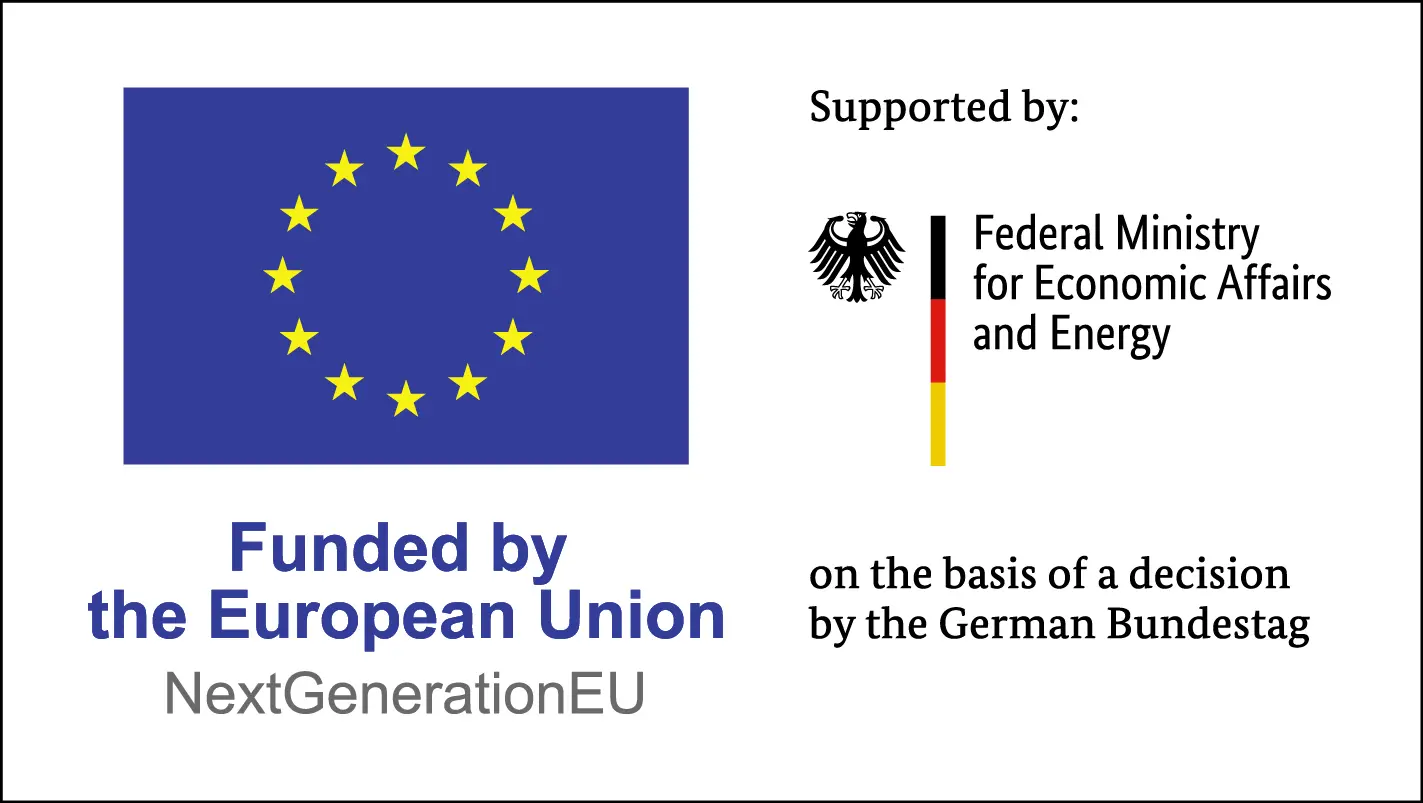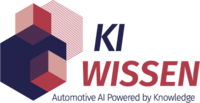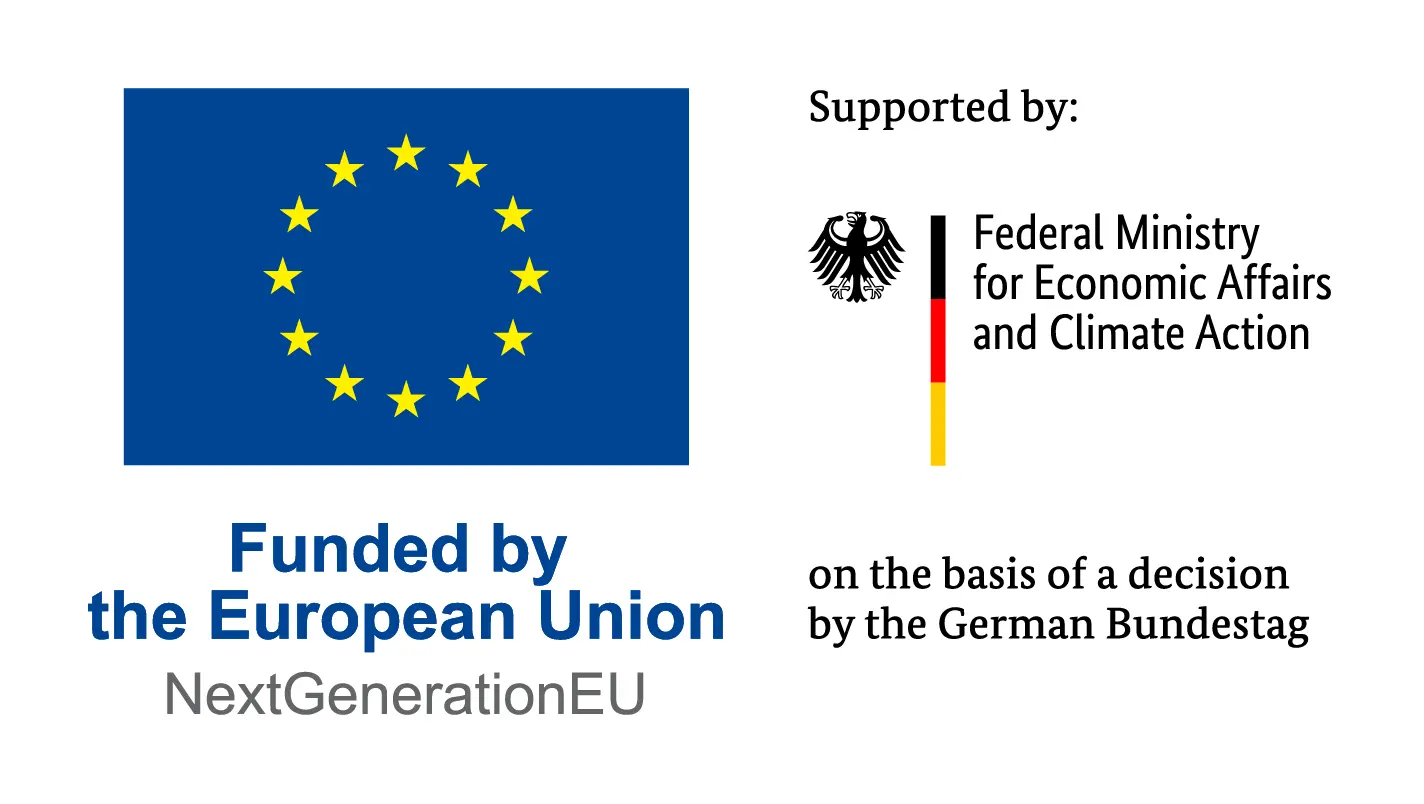Close

急速に変化する組込みの世界で成功するための重要な要素である研究と革新への継続的な取り組み
変化の速い組込み業界において、私たちは研究およびイノベーションに向けた不断の努力が成功への重要な要素であると信じています。そのため、BTC Embedded Systemsは様々な研究・調査プロジェクトとパートナーシップを継続しています。
大学や研究機関、自動車および航空産業界のメンバーとの協力による成果はまさに、BTC Embedded Systemsが当初より目指してきた姿、すなわち「アカデミックと産業プロジェクトの間の橋渡しをし、組み込みソフトウェア開発の質と効率にインパクトを与えること」を表しています。
Oxford University Innovation Ltd
Oxford University Innovation Ltd(OUI)は、オックスフォード大学の技術移転会社です。オックスフォード大学の研究者の専門性を生かした技術的・科学的なコンサルティングサービスを外部企業に提供することを主要な活動の一つとしています。OUIのコンピュータサイエンス学科のDaniel Kroening教授とそのチームはBTC Embedded Systems AGにCプログラム用のCBMC有界モデルチェッカのコンサルティングサービスを提供しました。

OFFIS
OFFISは、オルデンブルクのカール・フォン・オシエツキー大学の関連機関として、1991年の設立以来、コンピュータサイエンスの科学的ノウハウをプロトタイプに変換し、さらにビジネスパートナーによって実用化された製品の開発をしています。このように、OFFISは企業や研究機関に世界最高レベルの研究およびプロトタイプ開発を提供しています。OFFISは、エネルギー、社会、健康、生産の4つのアプリケーション領域の研究開発部門から構成されています。

DLR Institute of Systems Engineering for Future Mobility
オルデンブルクにあるDLR Institute of Systems Engineering for Future Mobilityは、自動化・自律化交通システムの開発・評価のための方法を研究しています。
機能性(検証)と実用性(妥当性)を証明するためのシステム工学の新しい効率的な方法とツールの開発、および信頼性の高いシステムの開発に重点を置いています。

Institute of Automatic Control of Leibniz University Hannover
Institute of Automatic Control of Leibniz University Hannoverでは、制御工学の現代的手法の開発とその様々な分野への応用、特に医療技術、システム医学、ロボット工学への応用に取り組んでいます。
特に、最適化に基づく制御・推定法、非線形システム、制御理論、分散制御システム、学習制御システムに関心が持っています。

期間: 2022 ~ 2025 年
ATLAS-L4 (高速道路上の物流センター間の自動輸送、レベル 4) 研究開発プロジェクトは、業界、科学研究、インフラ事業者の専門知識をこれまでにない方法で組み合わせて、公共高速道路や高速道路での自動運転車の運用に対する統合的なアプローチを作成します。 。 ATLAS-L4 は、レベル 4 の自動化された無人車両の高速道路での使用が実現可能であることを実証し、革新的な輸送および物流の概念の基礎を築くことを目的としています。このプロジェクトは、2021年に可決された自動運転に関する法律によって切り開かれた新たな機会を直接活用しており、ドイツはその中で世界の先駆者的地位を占めることになる。このように、ATLAS-L4 は、道路貨物輸送の将来を見据えた設計と、ビジネス拠点としてのドイツの強化の両方に貢献します。


プロジェクトパートナー:
MAN Truck & Bus SE、Knorr-Bremse AG、Leoni AG、Robert Bosch Automotive Steering GmbH、FERNRIDE GmbH、Fraunhofer Institute for Applied and Integrated Safety AISEC、ミュンヘン工科大学、ブラウンシュヴァイク工科大学、TÜV SÜD、Autobahn GmbH
期間: 2021 – 2023
研究プロジェクト KI Wissen では、既存の知識を自動運転車のデータ駆動型 AI 機能に統合する方法が開発され、検討されています。その目的は、知識を AI 機能のトレーニングとセキュリティ保護に統合するための包括的なエコシステムを構築することです。


プロジェクトパートナー:
コンチネンタル、ボッシュ、ヴァレオ、アルトラン、AVL、EFS、DLR、フォルティス、フラウンホーファー、OFFIS など
期間: 2018 – 2021
BTC Embedded Systems は、Step-Up!CPS プロジェクトの産業諮問委員会のメンバーです。
メンバー:
FZI、オルデンブルク大学、OFFIS、DLR、KIT、SafeTRANS

産業アドバイザリー委員会
期間: 2016 – 2019
さまざまな分野(自動車、航空宇宙、鉄道、海運、医療、農業)における高度に自動化された自律システムは、基本的にすべて同じ課題に直面しています。複雑性の爆発、または考慮を必要とする環境シナリオのほぼ無限の数などは、そのほんの一部です。ENABLE-S3 コンソーシアムは、主要なテストの課題に対処するために、6 つの異なる分野の専門家とツール サプライヤーおよび学術機関を結集しています。

プロジェクトパートナー:
デンソー、トヨタ、ルノー、ヴァレオ、マニエッティ・マレリ、エアバス、DLR、IBM、タレスなど
期間: 2015 – 2018
将来のモビリティ ソリューションは、環境を継続的に監視し、便利で安全かつ信頼性の高い操作に対する責任をますます担うスマート コンポーネントにますます依存するようになります。現在、この市場における最も重要な障害は、業界が競争力のある価格で信頼性の高い新機能を提供できる、手頃な価格で安全なマルチコア開発方法論を考案する能力です。ASSUME は、建設的および分析的な側面でこの障害に対処するシームレスなエンジニアリング方法論を提供します。
プロジェクトパートナー:
エアバス、ダイムラー、スカニア、ボッシュ、サジェム、スネクマ、MES、OFFISなど多数
期間: 2016 – 2018
コンピュータによる実用的かつ産業関連の問題の解決に高度な手法を使用する方法は、長い歴史があります。シンボリック計算は複雑な数学的問題に対する正確な解をアルゴリズムで決定することに関係していますが、充足可能性チェックの分野での最近の開発は、同様の問題に取り組んでいますが、アルゴリズムと技術のソリューションは異なります。現在、2 つのコミュニティは大きく分断されており、互いの成果を認識していません。このプロジェクトは、2 つのコミュニティを結び付けるために幅広い活動を開始しました。これらのコミュニティの知識、経験、技術を組み合わせることで、大幅に改善されたソフトウェア ツールの開発が可能になります。

プロジェクトパートナー:
オックスフォード大学、フライブルク大学、オルデンブルク大学、Maplesoft、Microsoft Researchなど
期間: 2011年~2014年
ARTEMIS プロジェクト MBAT は、リファレンス テクノロジー プラットフォーム (MBAT RTP) の形で、欧州の業界に新しい最先端の V&V テクノロジーを提供します。これにより、時間とコストを削減しながら、高品質で安全な組み込みシステムの製造が可能になります。これは、モデルベースのテスト テクノロジーと静的解析技術を組み合わせた、非常に有望な新しいアプローチによって可能になります。

プロジェクトパートナー:
ダイムラー、エアバス、AVLリスト、EADS、シーメンス、タレス・アレニアスペース、ボルボなど
期間: 2009年~2012年
組み込みの安全性が重要なシステムの設計および開発業界は、ますます複雑になり、システムやデバイスの種類も多様化しています。また、規制上の制約も増え、コスト、パフォーマンス、市場投入までの時間は常に課題に直面しています。CESAR は、最も改善の余地がある 2 つのシステム エンジニアリング分野に、重要かつ決定的なイノベーションをもたらします。
– 特に、マルチ ビューポイント、マルチ 基準、マルチ レベル要件の形式化による要件エンジニアリング
– マルチ ビュー、マルチ 基準、マルチ レベル アーキテクチャのトレードオフを含む設計空間の探索に適用されるコンポーネント ベースのエンジニアリング。
プロジェクトパートナー:
エアバス、ABB、AbsInt、アストリウム、デルファイ、EADS、インフィニオン、シーメンス、ボルボなど多数
DeCoDe 移転プロジェクトは、リアクティブで制御指向、浮動小数点主体の C プログラムにおけるデッド コードを効率的かつ正確に検出することを目的としています。これには、組み込み制御アプリケーションの Simulink/Statefow モデルから自動 C コード生成によって派生したデッド コードや、組み込みドメインで課せられたガイドラインに従って手動でコーディングされたデッド コードが含まれます。
プロジェクトパートナー:
オルデンブルク大学、フライブルク大学、SICK AG
官公庁向け研究プロジェクトに関する当社規定
効率的なツールチェーンには、密接な協力関係が必要です。
Copyright © 2022 BTC Embedded Systems & BTC Japan